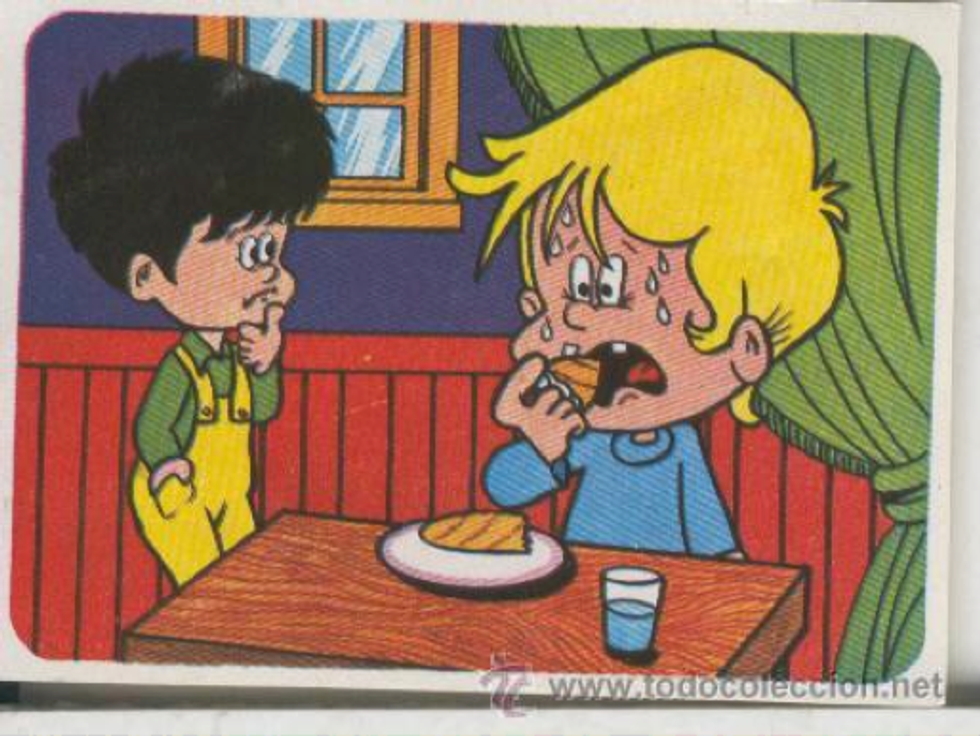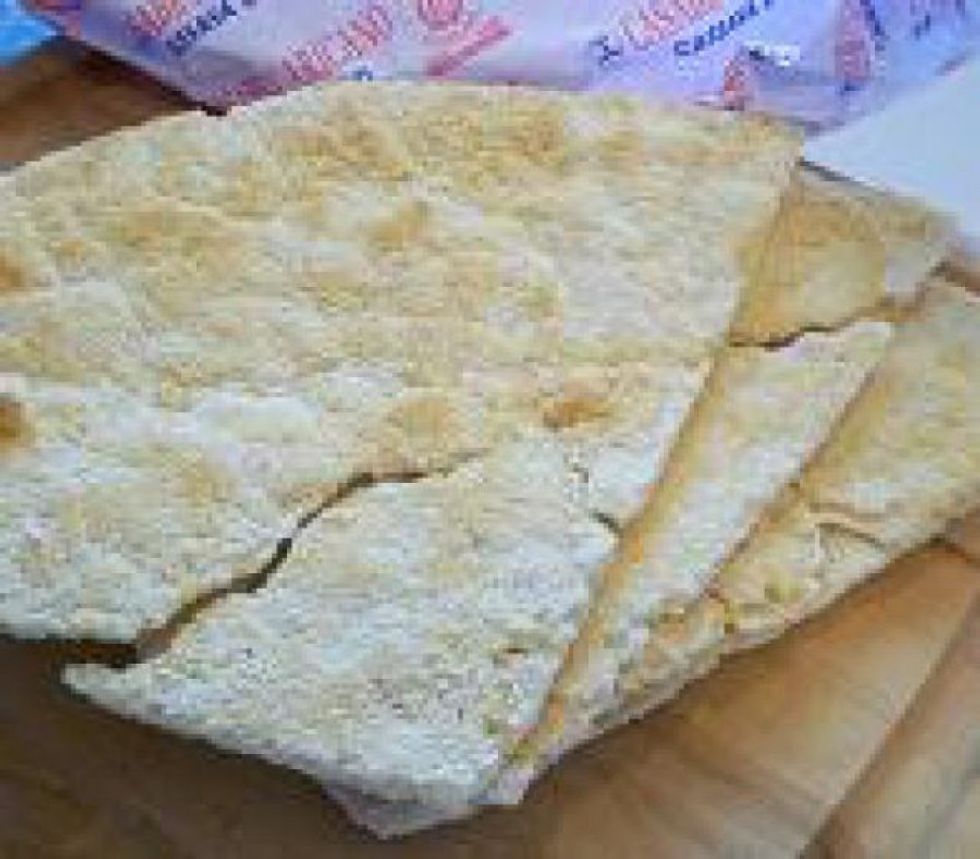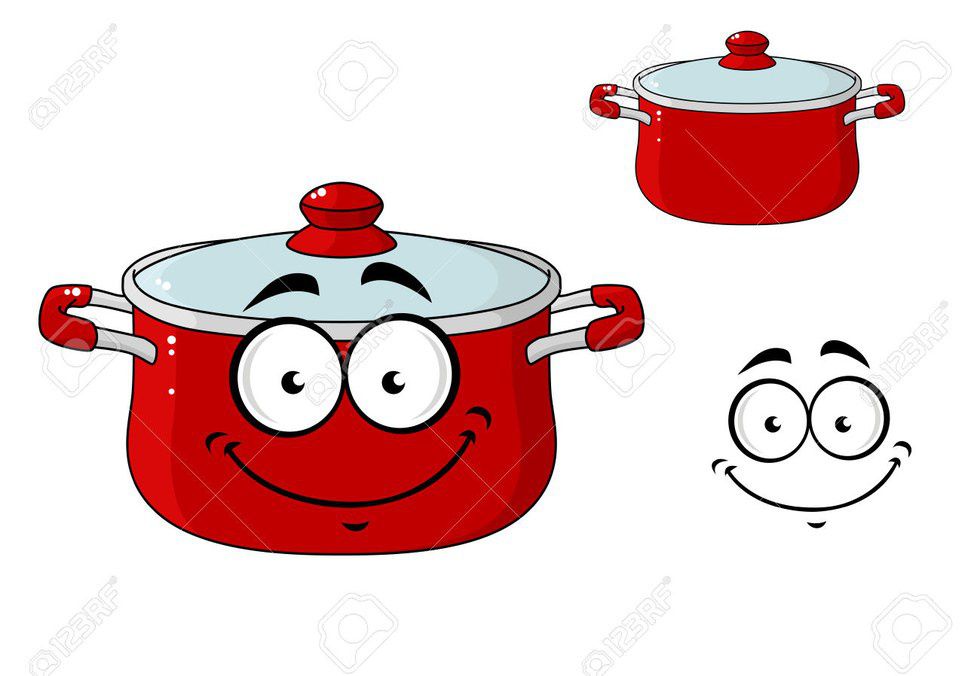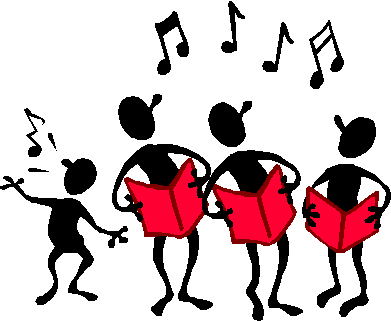A very important part of my life includes spending most of my childhood in the Dominican Republic. For someone who was born in Manhattan, N.Y., that transition was a huge deal. It meant that I was going to meet two new things: a brand new vocabulary and family members. The best example I can think of is when I actually got to the DR. Some woman who looked like me, who ended up being my aunt, just picked me up and threw me into what was my uncle's car and just drove. All while speaking frantically excited, of course.
Having your own business, to Dominican minds, is a huge deal, which is why almost everything I saw was billboards. When we got to the palace, which is what my relatives called Abuela's home, I met my primos, my cousins. By the way, we call everyone cousins; we are not sorry. Anyway, when I got there they were in the middle of playing a game: El Topao. American way of saying this? Tag, the game is our version of tag. Normally when you guys play tag, someone has to be "it," right? Well, my cousins' way of saying this is "Tu Te Quedas." Traditionally speaking, it means "you stay" when translating it to English. That's why I stay behind as they ran away from me. I was "it." I was "It," I didn't know, and I lost the game. I was five; don't judge me.
Time passed and I learned to say new things. Now, in 2016, I ask you: have you ever wondered what it would be like to have expressions from one language to another? Yes, you have. To make things interesting, we also have to deal with the annoying vernacular. With no further ado, I give you some Dominican expressions.
A buen hambre, no hay pan duro.
Literal: To a great hunger, there's no stale bread.
It is believed that when hungry, people would eat anything. Actual meaning? When there's a will or a need, there's a way.
A falta de pan, casabe, dice el pueblo.
Literal: Due to lack of bread, cassava bread, says the town.
Another one with bread! Cassava bread (picture above) is so flat and hard some don't even call it bread themselves. It's great though. Anyway, the expression actually means that if you don't have what you need, then make the best with what is available.
A paso de tortuga.
Literal: I am in a cooking pot. (Insert laughing emoji here).
Do you really picture yourselves saying this? I don't. I still use it though. Ironic, huh? Normally you fry your food in a cooking pot. To be inside a cooking pot would mean that you are fried. Then again, my people and I are originals (puts on sunglasses). We don't mean it like that. When we say we are in cooking pots, it means we are broke. Yes, I know it doesn't make sense. Moving on.
Hacer un coro.
Literal: Make a chorus.
Get together. It means to engage in a social gathering known as a get together. I like to believe that the reason why we have this saying is because all Dominican get-togethers end as parties Where people also end up singing and being loud. As if being Dominican is not enough to imply that we are naturally loud.

























